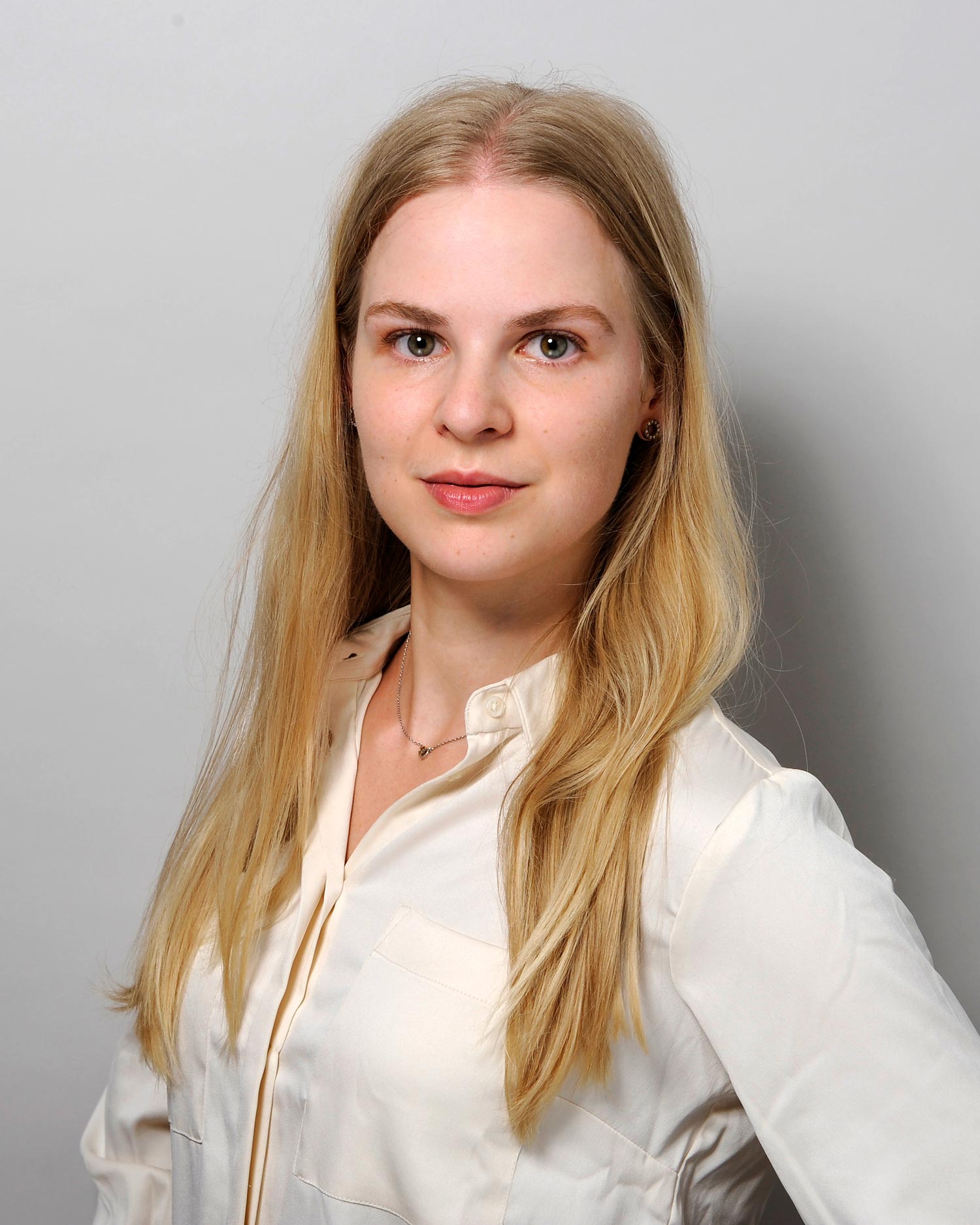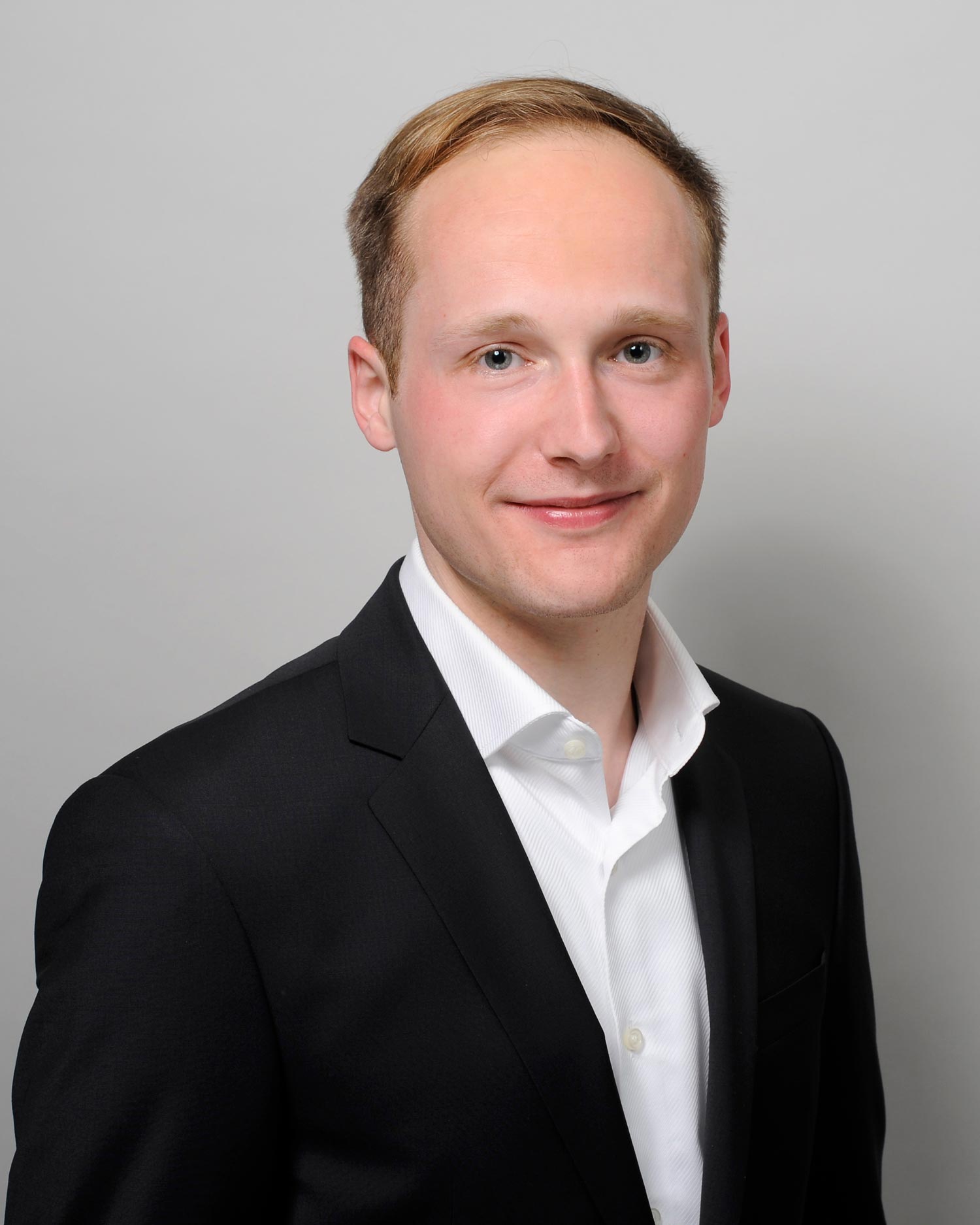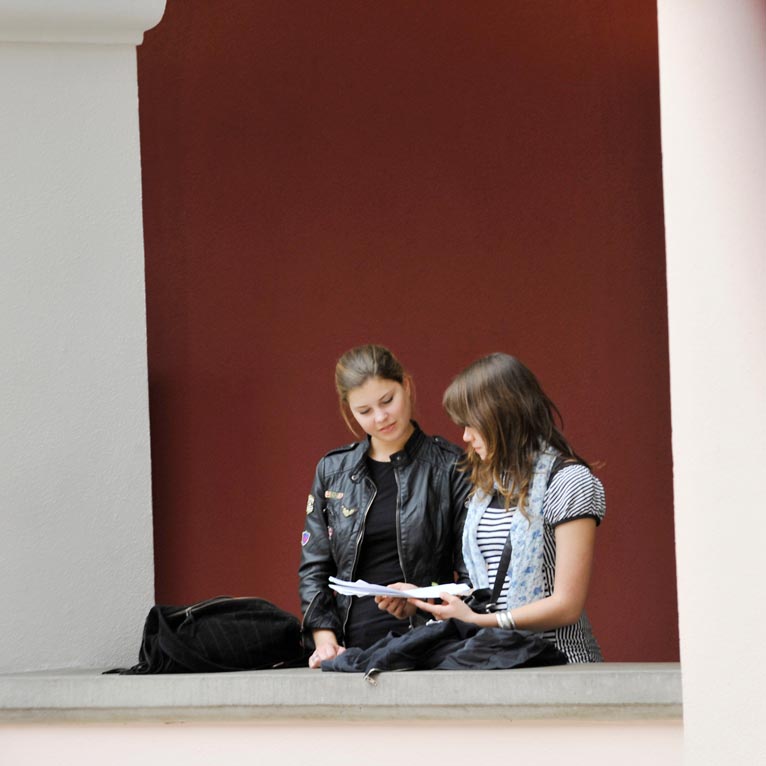Jump directly to
Interview
Meet Ingrid Löfman and Philipp Sternal, the newest recipients of the UBS Center Scholarship and PhD students at the Zurich Graduate School of Economics. In this double interview, they share their motivations for pursuing a PhD, the economic mysteries they’re eager to solve, and what makes studying in Zurich special. Their unique journeys offer valuable insights not just for fellow economists but for anyone intrigued by the intricacies of human behavior and global economic challenges.
What sparked your curiosity to delve into a PhD in economics? Was there a particular moment, idea, or experience that ignited your passion for the field?
Ingrid: Some of my most formative years were spent in the shadow of the global financial crisis, a time that profoundly shaped my understanding of how devastating economic crises can be for people’s lives. The way financial turmoil can ripple across the globe, impacting countless lives, ignited my passion for economics. Behind the numbers on unemployment and inflation are real people whose lives can be forever altered by macroeconomic events. This connection between data and human experience is what makes economics so powerful and fascinating.
Philipp: For over a decade, I’ve been captivated by economic experiments. The ability to uncover the essence of something as rich and complex as human behavior through simple yet thoughtful experiments feels almost magical to me. Since human behavior lies at the core of nearly every economic and social phenomenon, I felt it was essential to understand it better. Choosing to pursue a PhD felt like a natural extension of my curiosity and love for exploring new ideas.
If you could unlock answers to one or two of the world’s most pressing economic mysteries, what would they be, and why do they intrigue you personally?
Ingrid: The cause, prevention, and management of economic and financial crises are issues that resonate deeply with me. Given our current international financial landscape – marked by rising geoeconomic fragmentation, inflation, and global trade imbalances – this field of research feels particularly relevant. The fact that our work connects directly to the pressing issues we read about in the news every day is not only exciting but also a profound responsibility. Understanding these complex issues could shape policy responses and prepare us for the challenges ahead.
Philipp: If I could tackle any economic mystery, I would focus on the most effective ways to combat climate change. While we understand the economic problems and have potential solutions like regulation and behavioral nudges, deciphering what works best in practice could be revolutionary. This understanding would not only benefit us today but could also have a lasting impact on future generations, which makes it an incredibly motivating challenge for me.
When you imagine the future, what kind of impact do you hope your research will have – not just on the field of economics, but on the broader world?
Ingrid: I aspire to conduct policy-relevant research that enhances our understanding of economic realities, ultimately equipping us to navigate them better. My goal is to contribute knowledge that helps policymakers create informed decisions that can lead to meaningful change.
Philipp: I hope my research sheds light on how we can harness cooperation to tackle societal challenges. Whether it’s through exploring perceptions of others or identifying institutions that foster ethical markets, I aim to contribute to a future where economics serves to improve lives and create a fairer society.
Zurich is known for its vibrant academic community, but what specifically drew you here for your PhD? What do you feel sets Zurich apart, both academically and personally, from other places?
Ingrid: Zurich offers a unique environment that not only supports rigorous research but also promotes economic prosperity. The intellectual community in my department is exceptional, characterized by creativity and expertise, all within a friendly and collaborative atmosphere. Additionally, the city’s appeal as a hub attracting global talent adds depth to the academic experience.
Philipp: What initially drew me to Zurich was its renowned group of behavioral and experimental economists. However, what truly sets it apart is the strong sense of community within the department. Everyone here strives for academic excellence while also valuing support and collaboration. This balance of rigor and camaraderie makes Zurich an exceptional place for pursuing a PhD – and let’s not forget the breathtaking lakes and mountains, which provide the perfect backdrop for study and reflection.
For young talents who dream of following in your footsteps, what unexpected challenges or opportunities should they be prepared for when embarking on a PhD in economics?
Ingrid: Embarking on a PhD journey brings many rewarding experiences beyond research alone. Engaging with colleagues from various economic fields and actively participating in the academic community enriches both your work and personal growth. Embracing the unknown and being open to where your journey may lead is part of the adventure.
Philipp: Doing a PhD is indeed an exciting journey, and embracing the unexpected is key. Your interests will evolve, and while this evolution can be daunting, it is also incredibly thrilling. Venturing into new topics may feel challenging at first – Swiss chocolate is a great motivator! – but it’s also a unique opportunity to discover what you truly care about in the field.
Meet Ingrid Löfman and Philipp Sternal, the newest recipients of the UBS Center Scholarship and PhD students at the Zurich Graduate School of Economics. In this double interview, they share their motivations for pursuing a PhD, the economic mysteries they’re eager to solve, and what makes studying in Zurich special. Their unique journeys offer valuable insights not just for fellow economists but for anyone intrigued by the intricacies of human behavior and global economic challenges.
What sparked your curiosity to delve into a PhD in economics? Was there a particular moment, idea, or experience that ignited your passion for the field?
Ingrid: Some of my most formative years were spent in the shadow of the global financial crisis, a time that profoundly shaped my understanding of how devastating economic crises can be for people’s lives. The way financial turmoil can ripple across the globe, impacting countless lives, ignited my passion for economics. Behind the numbers on unemployment and inflation are real people whose lives can be forever altered by macroeconomic events. This connection between data and human experience is what makes economics so powerful and fascinating.


Quotes
Awarding top academic talents
The UBS Center is a main funding body for top academic talent at the Zurich University’s Graduate School of Economics.
The UBS Center Scholarships are scholarships awarded every year to outstanding PhD students at the Graduate School of Economics, run by the Department of Economics at the University of Zurich. Furthermore, by funding new endowed chairs at the Department of Economics, the UBS Center will create additional doctoral positions for talented young researchers beyond the scholarship scheme. This will ensure that the Zurich Graduate School of Economics achieves a critical mass of top young talent to create a leading international graduate school with an attractive research environment. By strengthening the University of Zurich’s position as a destination for young academic talent around the world, the UBS Center also aims to further enhance Switzerland’s position as a top location for education and business more generally. After all, investment in higher education and research is a key factor in preserving and further growing economic prosperity in developed economies over the long term.
The UBS Center is a main funding body for top academic talent at the Zurich University’s Graduate School of Economics.
The UBS Center Scholarships are scholarships awarded every year to outstanding PhD students at the Graduate School of Economics, run by the Department of Economics at the University of Zurich. Furthermore, by funding new endowed chairs at the Department of Economics, the UBS Center will create additional doctoral positions for talented young researchers beyond the scholarship scheme. This will ensure that the Zurich Graduate School of Economics achieves a critical mass of top young talent to create a leading international graduate school with an attractive research environment. By strengthening the University of Zurich’s position as a destination for young academic talent around the world, the UBS Center also aims to further enhance Switzerland’s position as a top location for education and business more generally. After all, investment in higher education and research is a key factor in preserving and further growing economic prosperity in developed economies over the long term.

Contact
Ingrid Löfman holds a Bachelor of Science and a Master of Science from the Stockholm School of Economics. She joined the PhD program at the Zurich Graduate School of Economics, University of Zurich, in 2022. Her main research interests include international macroeconomics, macrofinance, and monetary economics.
Philipp Sternal holds a BSc from the University of Mannheim and master’s degrees from HEC Paris and the Paris School of Economics. He joined the Zurich Graduate School of Economics in 2021. His research focuses on experimental and behavioral economics, particularly on beliefs about others and morality in markets.
Ingrid Löfman holds a Bachelor of Science and a Master of Science from the Stockholm School of Economics. She joined the PhD program at the Zurich Graduate School of Economics, University of Zurich, in 2022. Her main research interests include international macroeconomics, macrofinance, and monetary economics.
Philipp Sternal holds a BSc from the University of Mannheim and master’s degrees from HEC Paris and the Paris School of Economics. He joined the Zurich Graduate School of Economics in 2021. His research focuses on experimental and behavioral economics, particularly on beliefs about others and morality in markets.
